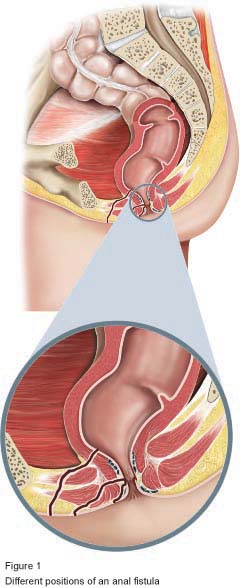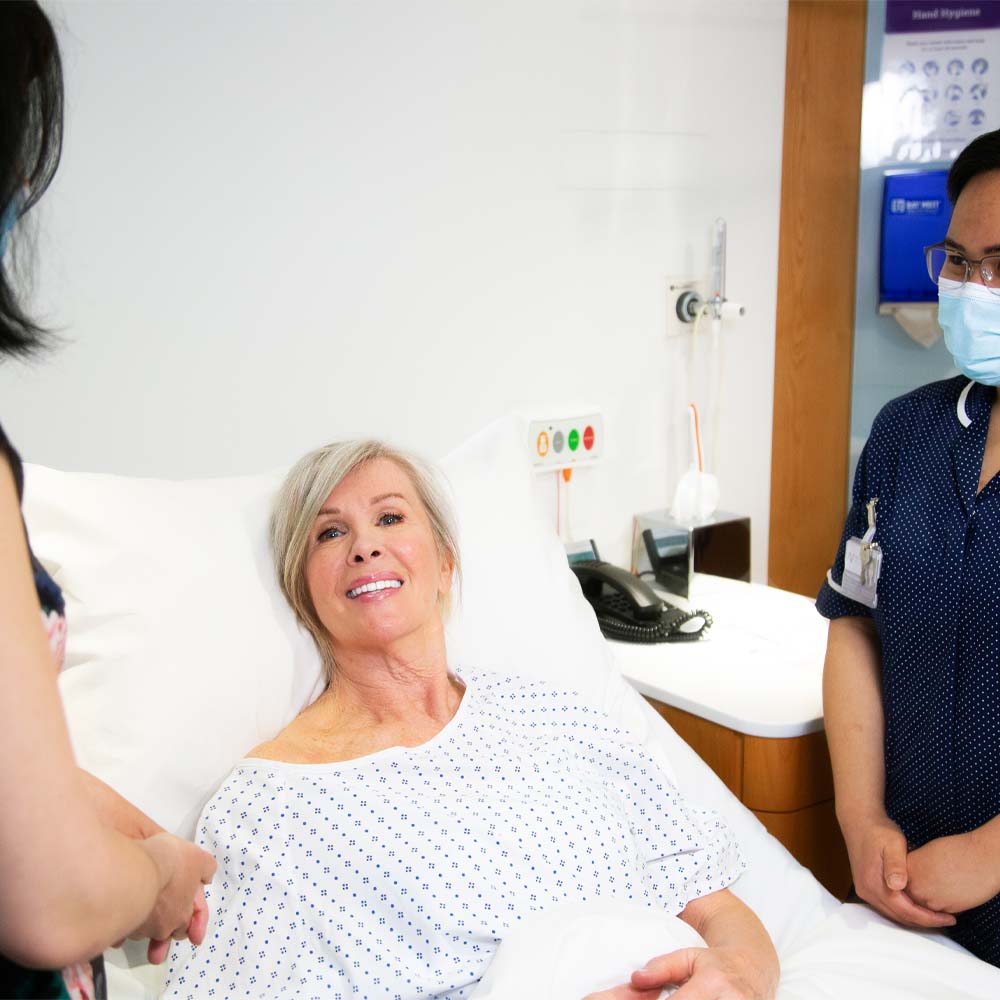This page will give you information about surgery for an anal fistula. If you have any questions, you should ask your GP or other relevant health professional.
Consultants and Clinic Times



Mr Michael Jarrett
MA, BM ChB, DM, FRCS
Specialities
General Surgery, Colorectal Surgery












